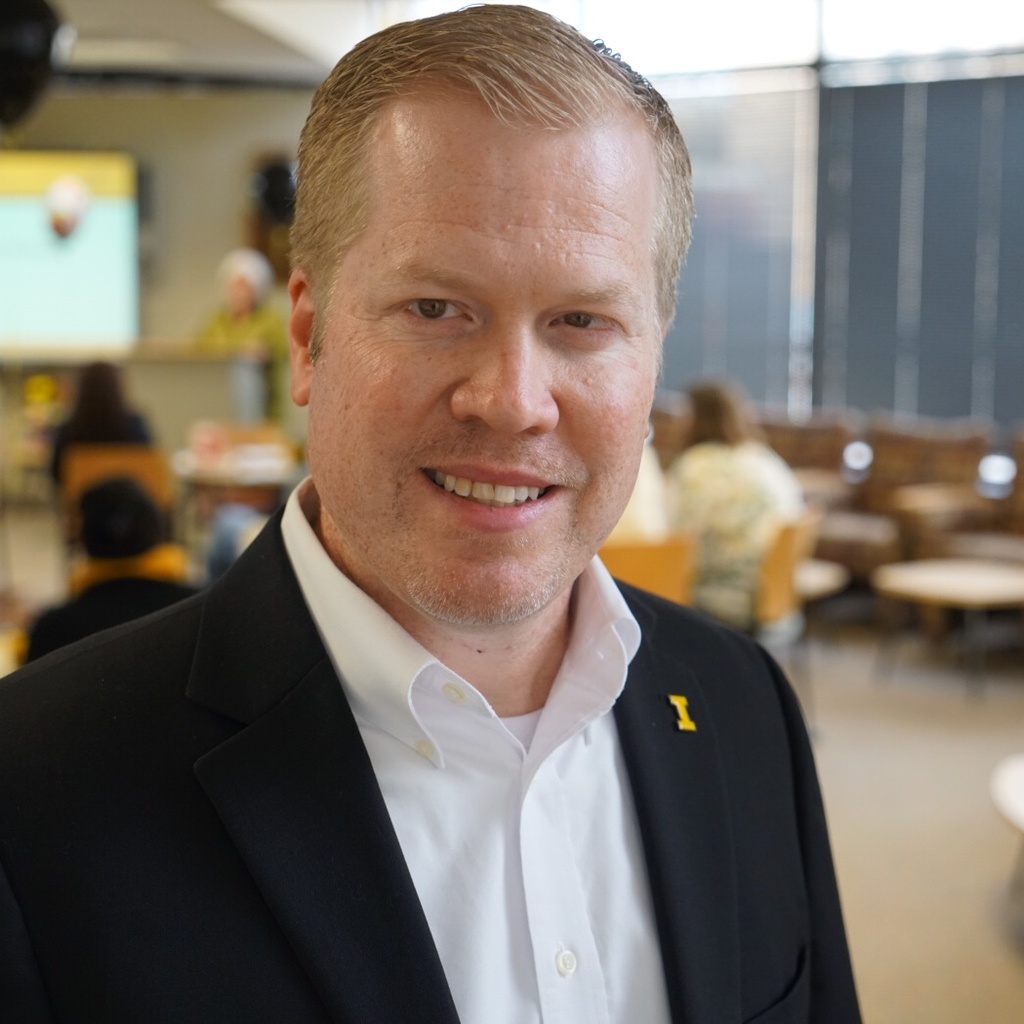Academic Programs
Vision and Values
Vision
Empowering accessible, welcoming, and healthy communities with research-based solutions and practice innovations.
Our Values
How we connect with people:
- We respect individual dignity and diversity including persons, programs, and perspectives.
How we prepare students to be counselors:
- We implement a transformative, evidenced-based curriculum of theory, reflection, research, and supervised fieldwork.
- We curate a positive environment which emphasizes mentoring and student-centered clinical preparation to develop professional excellence in counselors.
How we practice research, scholarship, and teaching:
- We empower consumers, scholars, and practitioners to engage in synergistic community relationships.
- We embody professional integrity, personal accountability, and ethical conduct which informs our approach to research, teaching, and service.
How we interact with one another:
- We promote cooperation and curiosity to advance evidence-based initiatives.
Professional Objectives
- Acquire the awareness, knowledge, and skills of a professional counselor and/or counselor educator.
- Develop a life-long process that continuously self-evaluates ones’ awareness, knowledge, and skills in relation to the social and cultural foundations of counseling and counselor education.
- Develop the basic counseling skills that will address problems in living from a developmental / life-span approach.
- Cultivate a commitment to ethical practices and behavior in counseling, counselor education, supervision, and research.
- Acquire an understanding of the social, vocational, educational, psychological needs of individuals served in schools, vocational, or counseling centers.
Annual Report
Accreditation Information
For Counselor Education Accreditation, Academic, and Outcome Measures, please:
People

Noel Estrada-Hernandez
Departmental Executive Officer
N338B Lindquist Center
319-335-6426
noel-estradahernandez@uiowa.edu
Resources, Policies, and Forms
Financial Support
Graduate Assistantships and Fellowships
Graduate Assistantships at the University of Iowa are designed to provide students with work experience and a means to finance their education while providing the University with the benefit of an innovative work force. Some assistantships are closely related to specific departments or fields, and all require specific skills or aptitudes. In addition to assistantships, students might be eligible to work for individual faculty members as research assistants if funds are available, or as teaching assistants in the Department of Rehabilitation and Counselor Education.
An assistantship in any office on campus could provide valuable experience, open new career paths, and help finance your graduate education. In addition to a monthly salary, assistantships frequently provide a fee waiver for the out-of-state portion of tuition. Positions vary from quarter-time (10 hours per week, the minimum necessary for out-of-state tuition waiver) to half-time (20 hours per week) and may span nine or 12 months.
The majority of graduate assistantships at the University of Iowa are in the bargaining unit of the graduate student union. Offices that have recently employed students include (but are not limited to): Student Teaching Office, Belin-Blank Center for Gifted Education, Orientation Services, Office of Student Life, Career and Placement Centers, Admissions, Student Health Service, Honors Program, Student Disabilities Office, Cultural Centers.
Some students with an interest in private colleges find part-time employment or practica at one of several colleges within easy driving distance to Iowa City, including Cornell College, Coe College, Mount Mercy College, and Saint Ambrose University.
Financial Assistance
Additional materials regarding other forms of financial assistance are available through the College of Education, Special Support Services, and the Office of Student Financial Aid. Current financial aid information is available from the Office of Student Financial Aid, University of Iowa, 208 Calvin Hall, Iowa City, IA 52242-1315, 319-335-1450.
Special Support Services
We are particularly interested in encouraging applications from those traditionally underrepresented in the field, particularly persons with disabilities and/or those with minority or ethnic group status. The Center for Diversity and Enrichment (CDE) offers financial, social, and academic support leading to graduation. Persons from the following U.S. minority groups are eligible to participate in these programs: American Indians or Alaskan Natives, African Americans, Hispanic or Latino/as, and Asian Americans or Pacific Islanders. For further information contact the CDE, 24 Phillips Hall, 319-335-3555.
Individuals with disabilities who are considering application to the program are encouraged to contact Student Disability Services (SDS), 3100 Burge Hall, 319-335-1462, for information related to resources and academic life relevant to students with disabilities. SDS provides a wide array of support services for students with disabilities.